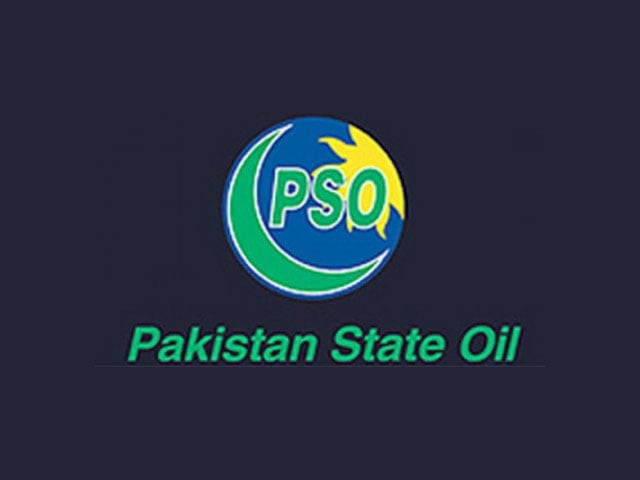AGP finds irregularities of Rs307.57b in PSO affairs
Company has failed to recover its dues from govt and private institutions

In its report, the AGP has pointed out the loss to the national exchequer caused by the PSO’s financial irregularities and listed details of its profit last year.
According to the audit report, the PSO posted a profit of Rs15.46 billion in the fiscal year 2017-18. In comparison, its profit in 2016-17 stood at Rs18.22 billion.
According to the audit report, the PSO, because of its mismanagement, was unable to recover its dues from government and private institutions, resulting in a loss of Rs224.47 billion. These dues have to be paid by industrial consumers, the Pakistan Railways, the independent power producers, the Pakistan International Airlines (PIA) among others. These government and private institutions were provided with furnace oil, high-speed diesel, petrol and other products.
The AGP noted that delay in the payments of these dues could result in a massive debt pile-up.
The matter was taken up with the principal accounting officer in December 2018. During a meeting of the departmental audit committee in January this year, the PSO management said dues amounting to Rs30.39 million had been recovered. Cases related to unpaid dues are pending with the Federal Investigation Agency.
According to the audit report, the PSO was also unable to recover the accumulated interest from defaulting institutions, resulting in a loss of Rs82.80 billion. These institutions include the Water and Power Development Authority (Wapda), the Hub Power Company {Hubco), Kot Addu Power Company (Kapco), the PIA and the Pakistan Railways.
The AGP has blamed the “incompetency” of the PSO management for the failure to recover the accumulated interest on dues.
The departmental accounts committee has directed the management to ensure the recovery of the money pointed out by the audit officials.
The AGP in its report has also stressed the need for finding a permanent solution to the problem.
Earlier this year, the Ministry of Energy had floated Sukuk (Islamic bonds) worth Rs200 billion for Islamic banks in order to partially pay off the circular debt owed to independent power producers (IPPs) and oil and gas utility firms in Pakistan.
The PSO, which supplies furnace oil and diesel to the independent power producers, received over Rs60 billion. Similarly, the independent power cleared part of the debt owed to Sui Southern Gas Company (SSGC) and Sui Northern Gas Pipelines Limited (SNGPL).
The circular debt stood at Rs1.4 trillion at the beginning of 2019 compared to Rs1.14 trillion sometime during the tenure of previous Pakistan Muslim League-Nawaz government, which completed its term in May 2018.
The debt has piled up due to electricity leakages, theft and low recovery of bills from many state-owned offices, schools, police stations, mosques, monuments and others.
According to PSO officials, the company is operating by borrowing from commercial banks. The PSO is selling products worth Rs4 billion daily across the country. The company has started the supply of liquefied natural gas (LNG). However, its liquidity position is under serious pressure as receivables against the sale of LNG have hit Rs100 billion.



















COMMENTS
Comments are moderated and generally will be posted if they are on-topic and not abusive.
For more information, please see our Comments FAQ